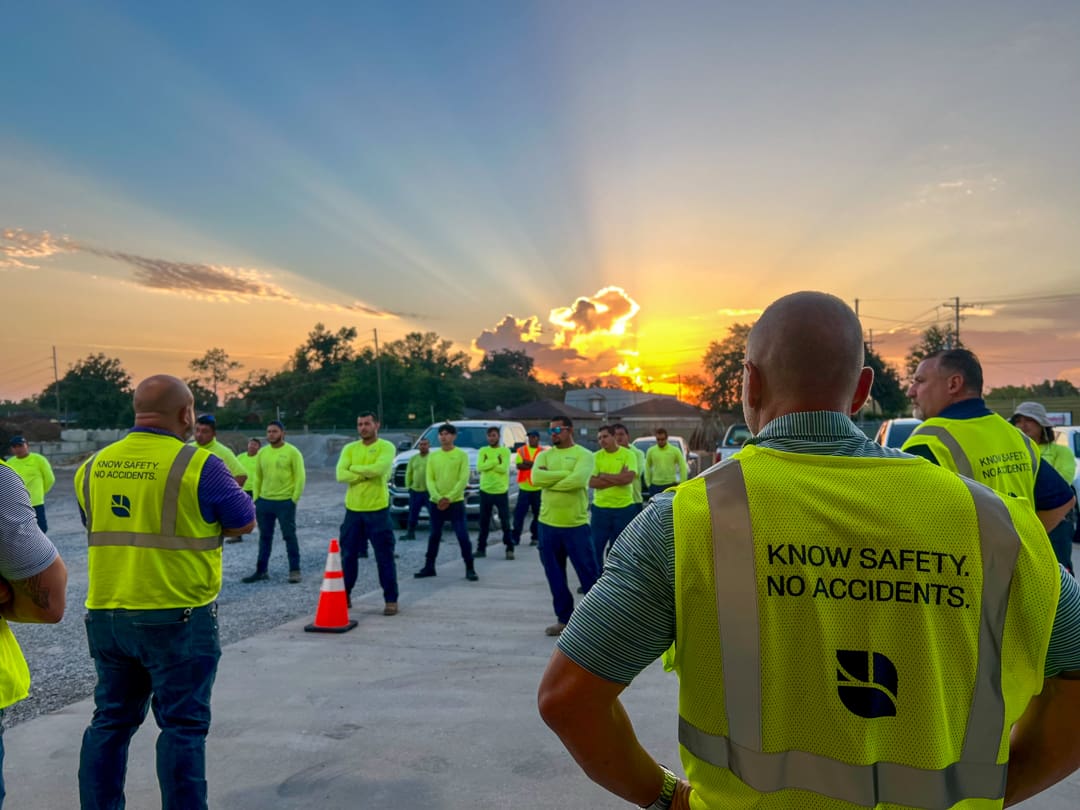
If the odds weren’t in your favor and you didn’t receive your H-2B visas this year, your focus has probably been on recruiting enough labor to be fully staffed up for the spring season.
However, even after you reach your desired headcount, there is still more work to do. Now comes the task of training and doing your best to retain these new hires so you don’t have to struggle with customer complaints or replacing these new hires mid-season.
Getting New Hires Up to Speed
One reason H-2B returning workers are so popular is because these are hard-working individuals who have accrued years of experience.
Tito Caceres, landscape industry recruiter with Bloom Partners Talent Solutions, based in Miami, Florida, says that being proactive instead of reactive when hiring can aid in ensuring your new employees have some time to be trained prior to the busy season.
“We have a very focused onboarding program for all full-time hires,” says Justin Gamester, president of Piscataqua Landscaping & Tree Service, based in Eliot, Maine. “It is something I think is super important so people understand what I am asking of them. Our H-2B workers are almost exclusively returning workers and have a brief onboarding session upon arrival. We do not hire someone, seasonal or full-time, and just send them out into the field. Our team is too important for that.”
Shayne Newman, president of YardScapes Landscape Professionals, based in New Milford, Connecticut, says in one of the years they didn’t receive their H-2B workers, they learned that they needed to improve their training and onboarding processes. Many of their new hires didn’t have any experience in the industry.
“It’s an immense challenge,” Newman says. “Every seasoned employee needed to be in teacher and training mode. Managers, including myself, were working in the field.”
Nubia Guiterrez, director of human resources for Mullin, based in St. Rose, Louisiana, says they conduct a spring kickoff in February or March to train both their new and existing hires at different stations.
“We give them a test afterward so we make sure that they actually learn something and know that our time is being valued during that period because it’s a lot of money and investment doing some career development and stopping all operations to make sure we’re getting training for these guys,” Guiterrez says.
Joe Lewis, COO of Yard Solutions, based in Groveport, Ohio, says training is continuous for them and they make a point to explain, demonstrate and then observe to see if the new hires are performing the task to their standard.
When training your new hires, highlight the career path they can take as they learn more and take on additional responsibilities.
Review Retention Rates
After these stressful seasons, most of these companies say they managed to retain a handful of their new hires. Lewis says they have a high retention rate for their new employees.
“We don’t hire anybody with the intention that they’ll leave at the end of the season, or anything like that,” Lewis says. “We want to provide somebody an opportunity to either grow their career or start a career.”
When you add on local talent, it’s important to find out what motivates them and to create an environment that they want to stay at and bring their friends and family as well.
“Is this fun?” Caceres says. “It should be because it’s really hard work and the more fun you make it, the more it makes it stick.”
Lewis notes that if you’re losing people constantly, take a step back and ask if you’re hiring the right people and when’s the last time you talked to them to see how they’re doing.
Typically, the years you don’t receive your H-2B workers can be harder on your entire staff so you want to make sure you’re checking in regularly and expressing your gratitude for their hard work.
Holding an appreciation event at the end of the long season is just another way to emphasize how much your new and existing employees matter to you.




